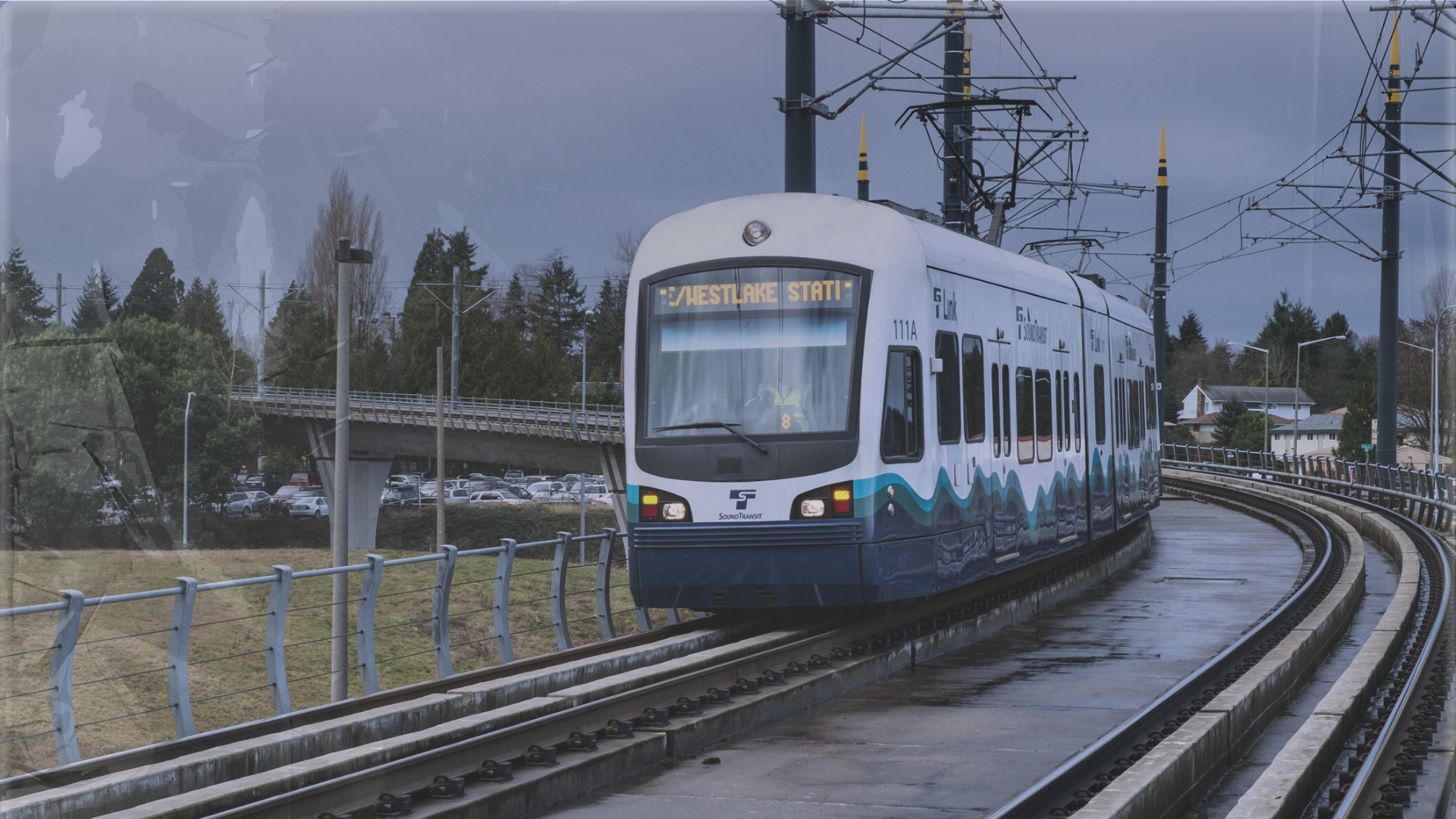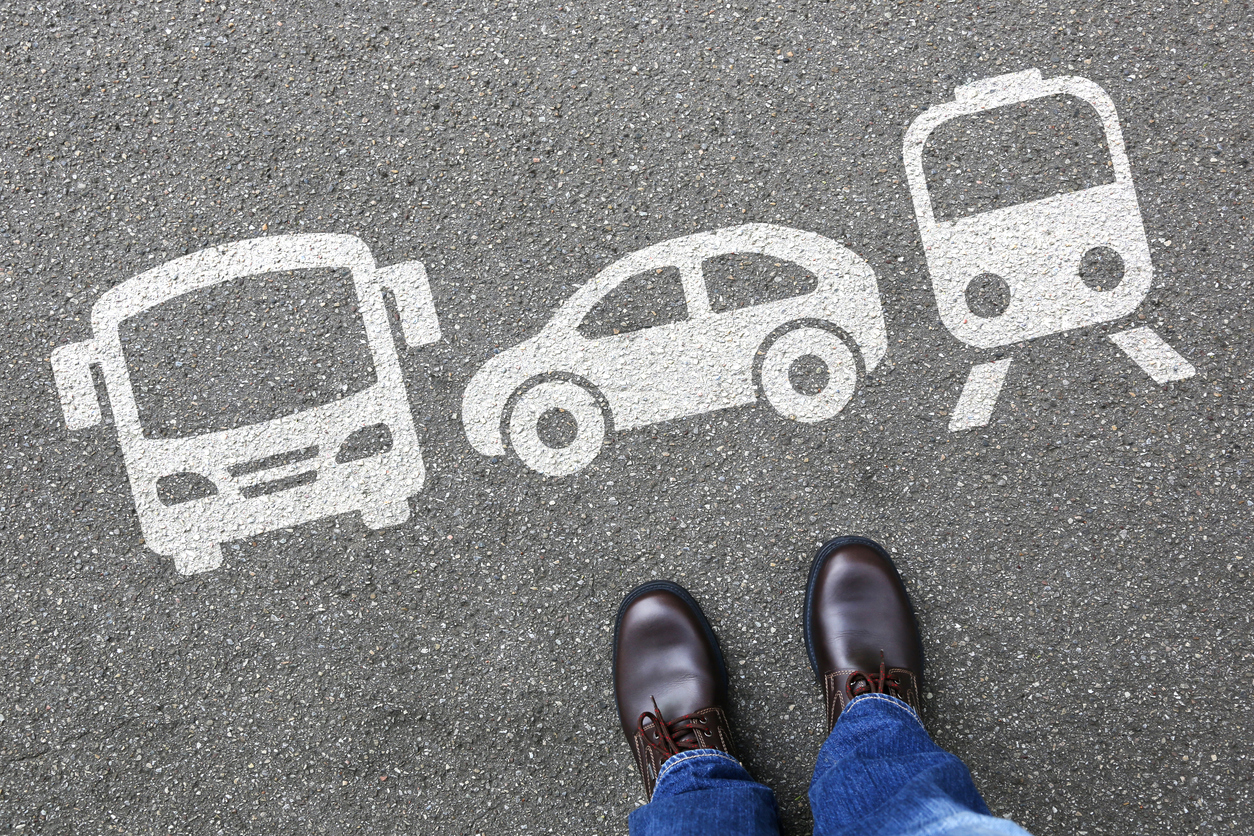This is part three of a five-part series of Legislative Memos that Washington Policy Center offers for lawmakers to consider before preparing a statewide transportation tax increase in 2012. The five recommendations are:
- Taxes and fees paid by drivers should not subsidize other modes of transportation.
- Do not create a state-level tax or fee to fund local transit agencies — public transit is not underfunded.
- Stop diverting existing transportation taxes and fees to pay for non-highway purposes.
- Expand capacity, fix chokepoints and do not restrict new resources to just maintaining the existing system.
- Reduce unnatural cost drivers that make transportation projects more expensive.
Part III: Stop Diverting Existing Transportation Taxes and Fees for Non-highway Purposes
Lawmakers diverted $204 million in transportation taxes and fees last year
Before asking voters for higher taxes and fees, lawmakers should reform policies that divert current transportation revenues and fees to non-highway purposes.
Most officials claim the state’s transportation system is underfunded and that current revenues cannot keep pace with simply preserving the system we have. In 2010, the major transportation funding sources (taxes, licenses, permits, fees, & tolls) brought in $2.09 billion in state transportation funding. Most of this revenue was paid by drivers and it should have gone to support the growing backlog of highway infrastructure needs. Yet, through various policies created by the legislature, state officials shifted more than $200 million to non-highway purposes last year alone.
- $28.14 million to Indian tribes
Tribally owned gas stations are exempt from paying 75% of state gas taxes. Under the state agreements, tribal stations impose the full state gas tax rate of 37.5 cents per gallon, and then receive an annual refund of 28 cents per gallon sold. The amount of gas taxes refunded to tribes was about $28.14 million in 2010, and tribal leaders have spent some of the gas tax refunds on non-highway purposes.
- $114 million to the Multimodal Account
State lawmakers also shift transportation taxes and fees paid by drivers into the state’s Multimodal Account. As the name implies, the Multimodal Account is spent on transit, bicycle, and sidewalk improvements, generally through grant programs. One of the largest recipients of funds from this account is Amtrak. Most of the revenue that funds the Multimodal Account is paid by drivers in the form of a retail sales tax on the sale of motor vehicles and motor vehicle license fees. In 2010, drivers paid about $114 million into the state’s Multimodal Account.
- $62 million to the general government programs
Washington State Department of Transportation (WSDOT) officials are required to pay state sales taxes on state transportation projects. This means valuable transportation revenue (paid by drivers) is funneled out of the transportation budget and into the state’s general fund, and then used to pay for non-highway projects like social services, education and general government. WSDOT officials estimate that project delivery costs could be reduced up to 8.5% if their projects were exempt from state sales taxes. The Office of Financial Management estimates WSDOT paid $62 million in state sales taxes in 2010 on its capital construction projects.
Conclusion
Each year, drivers pay about $204 million in various transportation taxes and fees that state officials then divert and spend on non-highway purposes. Annually, this amount is equivalent to about seven cents per gallon in the state gas tax rate.
These other projects may be important, but they should have their own funding sources, particularly paid by the user group who benefits from the program or service. Drivers have their own infrastructure needs that are not currently being met. Lawmakers should stop diverting current revenues to subsidize other, non-highway purposes and use the money they already have, before asking drivers to pay more.
Michael Ennis is the transportation director at Washington Policy Center, a non-partisan independent policy research organization in Washington state. Nothing here should be construed as an attempt to aid or hinder the passage of any legislation before any legislative body. For more information, visit washingtonpolicy.org.
Download a PDF of this Legislative Memo here.




